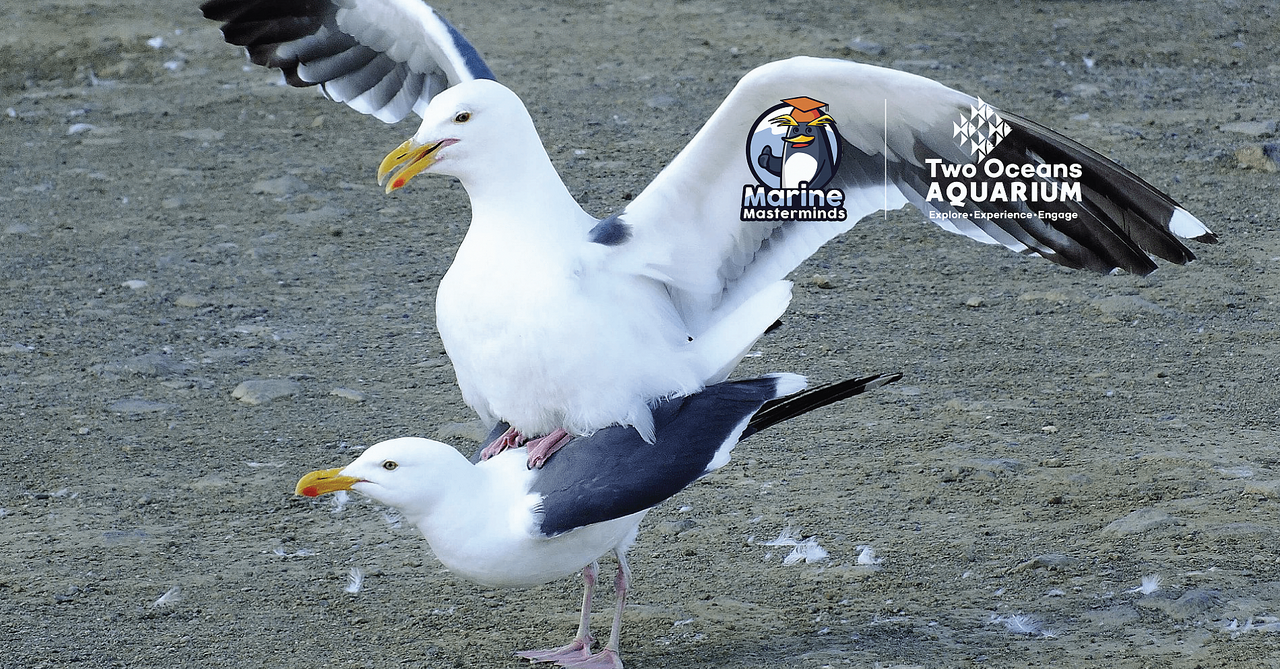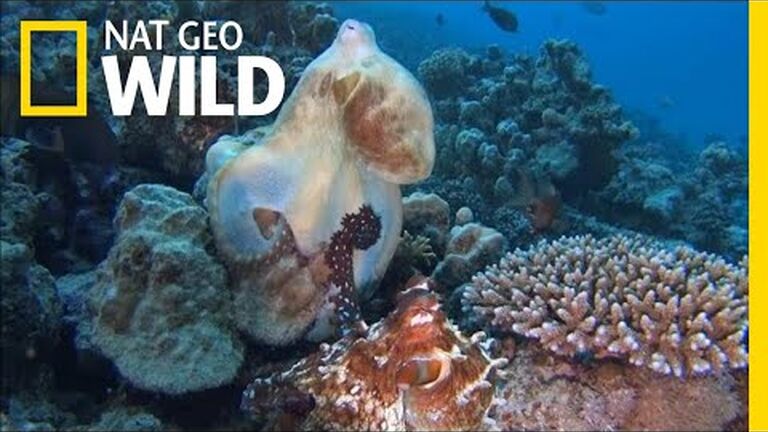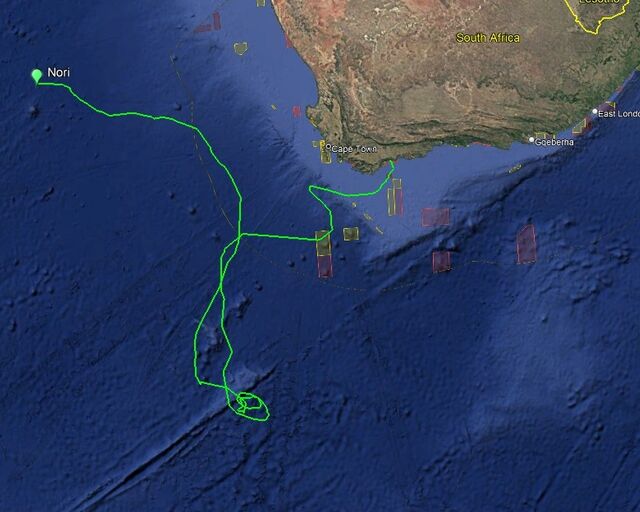Let's be honest, social distancing really takes a toll on the love life. Whether it's staying in contact with a partner who lives in another city, finding romance, or simply the tension of being in close proximity to your partner all day, every day, there isn't much that's sexy about being in lockdown.

Remember - take the Marine Masterminds quiz at the end of this blog to add your name to the leaderboard.
While social isolation might suck for us humans, these isolated ocean animals have no problem with finding love:
Barnacles - Ridiculously long penises
Barnacles live in permanent self-quarantine. Each of these tiny crustaceans anchors itself to a solid surface that it finds suitable and then secretes a series of armoured plates around itself. That's it, the barnacle will never move again - it relies entirely on passing currents to bring it food, oxygen and remove its waste.
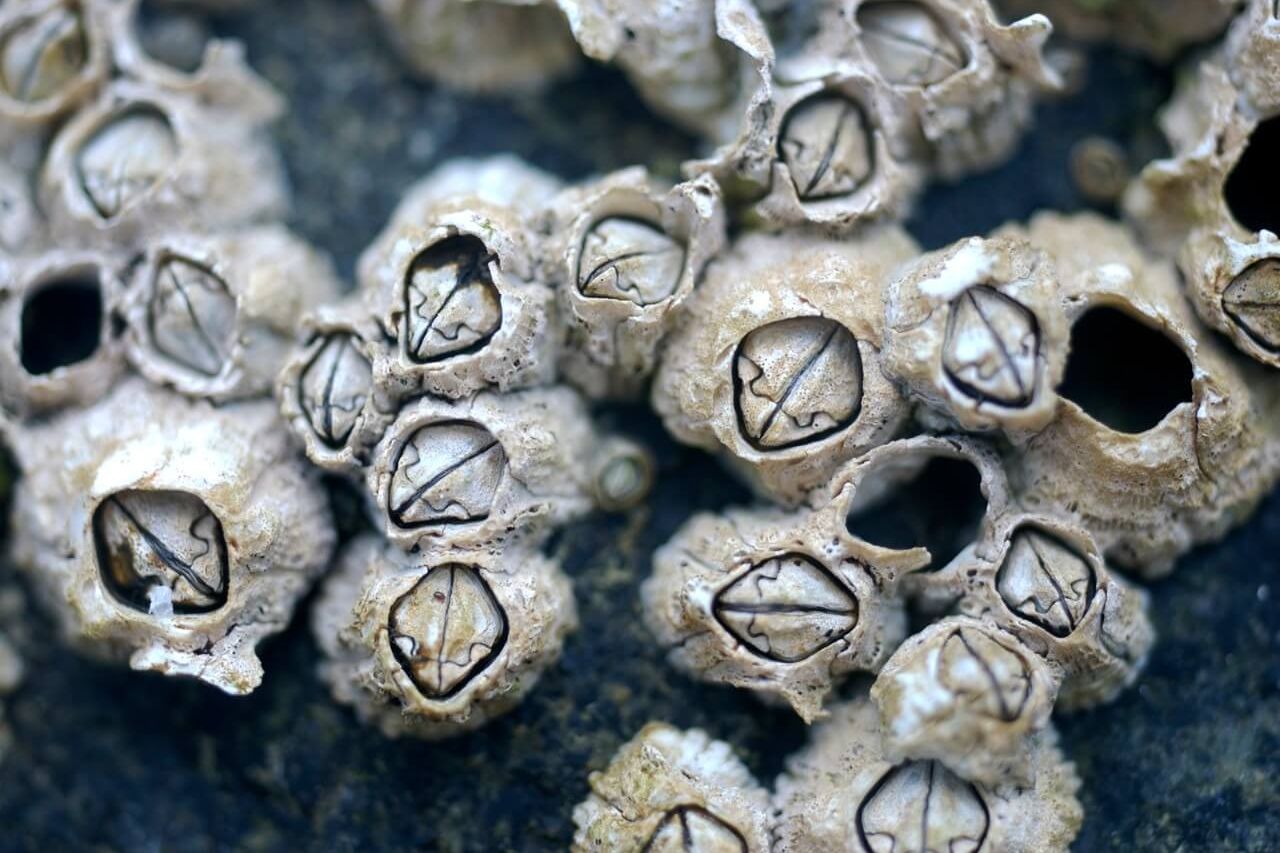
So how does a barnacle find love and, more importantly, how do barnacles "get it on"?
To solve the problem of social isolation, barnacles have a very special member - the longest penises in the animal kingdom, proportionately! Some barnacle species have penises that grow to over eight times the length of their body, allowing them to reach really far to try to find another barnacle to mate with!
Octopuses - "I'd rather rip it off than be eaten"
Sex is a bit less fulfilling when your mate is trying to kill you - especially if you die before having a chance to reproduce. For male octopuses, this poses a problem, because they are solitary animals in nature, and when two octopuses meet, it usually means they will fight to the death.
Male octopuses are usually smaller than the females, which have evolved to be large enough to protect their eggs. This means that males tend to make tasty snacks for females of reproductive age - and it doesn't help that the female's body cavity is very near to its mouth...
To avoid being eaten, or at least avoid it long enough to mate, male octopuses have evolved a number of methods to survive a rendezvous with a hungry female. Some males, like those of the Octopus vulgaris species, which we find around Cape Town, will spread themselves out and make themselves as dark as possible to appear larger than the female, with the hopes she decides not to fight them...
Some smaller species, like the algae octopus (Abdopus aculeatus) will guard a female from other males, with the hopes of convincing her that he is a worthy mate. It doesn't help that some small "sneaker" males will pretend to be female to slip past the guard to inseminate the female (who gets to eat the sneaker afterwards).
Male octopuses don't have a penis. Instead, their third arm on the right is adapted to carry sperm - this lets the male stretch his arm out to reach the female, so if she does strike, the male can sometimes escape with only a bitten-off arm. The paper nautilus (Argonauta spp.) takes this a step further and will actually tear off its own mating arm and throw it to the female from a safe distance. Probably not a "social distancing" compromise most human males would be comfortable with.
Ocean sunfish - quantity over quality
The humble ocean sunfish (Mola mola) may be one of the world's greatest ocean travellers, but its incredible ocean voyages are very lonely. Without the ability to communicate over long distances, like whales do through song, for example, sunfish rarely encounter each other in the wild. It doesn't help that they don't have well-defined mating areas or migration paths either!
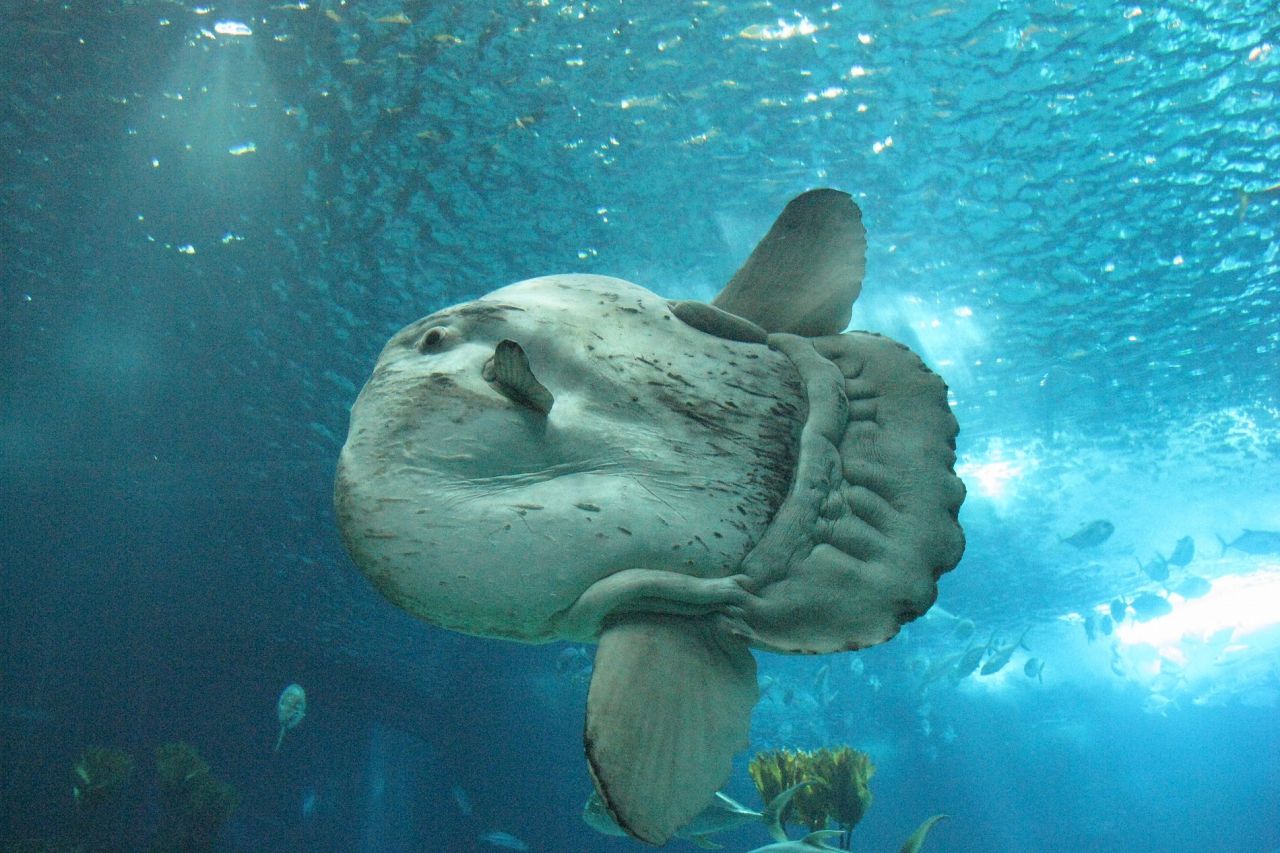
So how do ocean sunfish actually mate? Well, just like some humans who always "swipe right", ocean sunfish leave their mating to chance. Female ocean sunfish release up to 300 million unfertilised eggs at a time into the ocean, and males will release huge clouds of sperm in the hopes of fertilising a few of these eggs - but it's entirely a luck game, and aside from knowing the local water conditions are right and hoping other sunfish are spawning too, it's entirely up to chance.
But at least it has 300 million chances!
Sharks - no male required
Sharks and rays don't have the issue of finding a mate, but they do often have to wait for the perfect conditions. For a female shark, carrying eggs, and sometimes even live pups, is taxing on her resources, so even though she may have met the perfect baby-daddy, the time might not be right to reproduce. But, when the time is right, that perfect mate will be long gone. What's a shark mother-to-be to do?
Female sharks of some species are able to store sperm for later use and fertilise themselves with it when conditions are perfect. A bamboo shark (Chiloscyllium punctatum) at the Steinhart Aquarium in California gave birth more than four years after it had encountered a male in the wild! Some deepwater sharks, such as the Portuguese dogfish (Centroscymnus coelolepis), encounter mates so rarely that even females which are already pregnant are able to keep a male's sperm to use for a second pregnancy once her first pups have hatched.
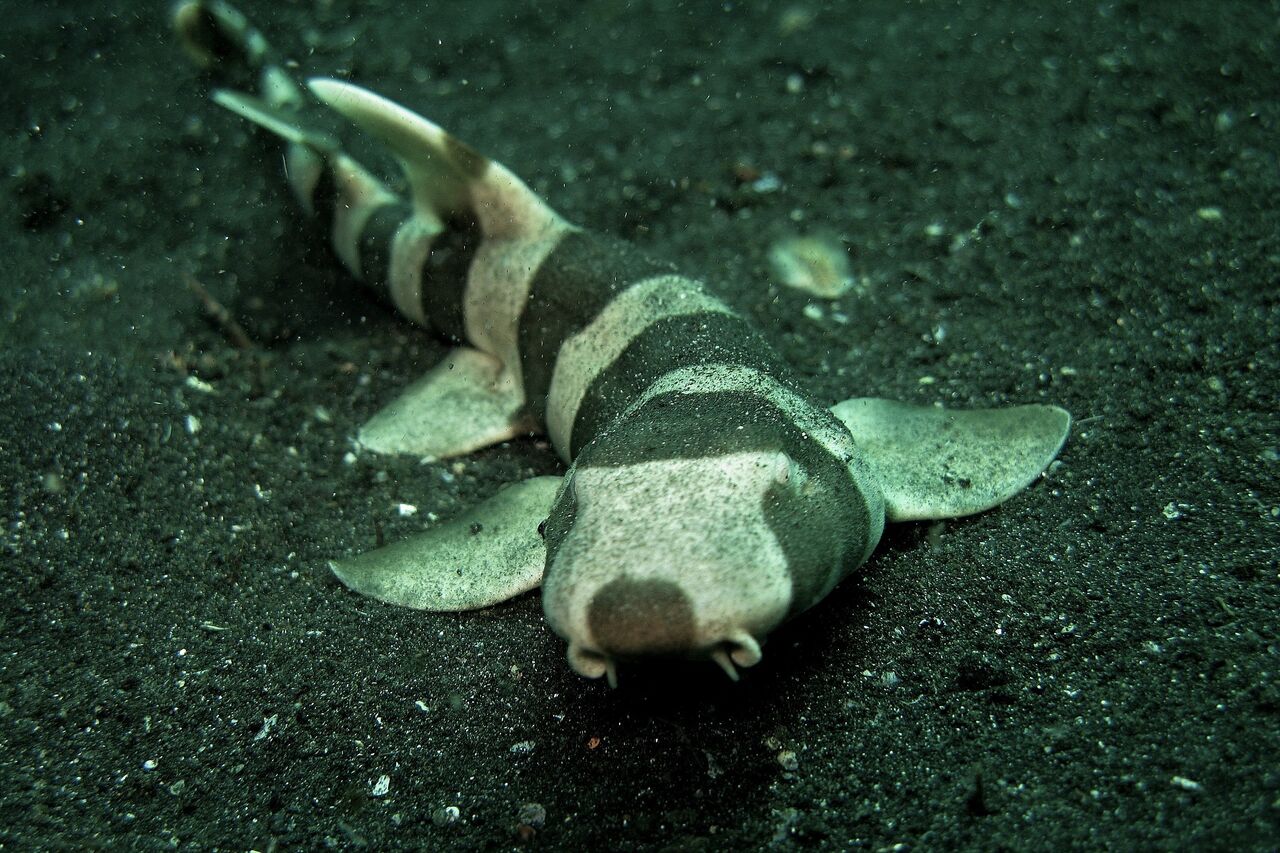
In some rare instances, female sharks are able to clone themselves without the need for males at all through a process called parthenogenesis. Although this is not a common occurrence, we know that zebra sharks (Stegostoma fasciatum) appear to be able to do this fairly often if no males are present.
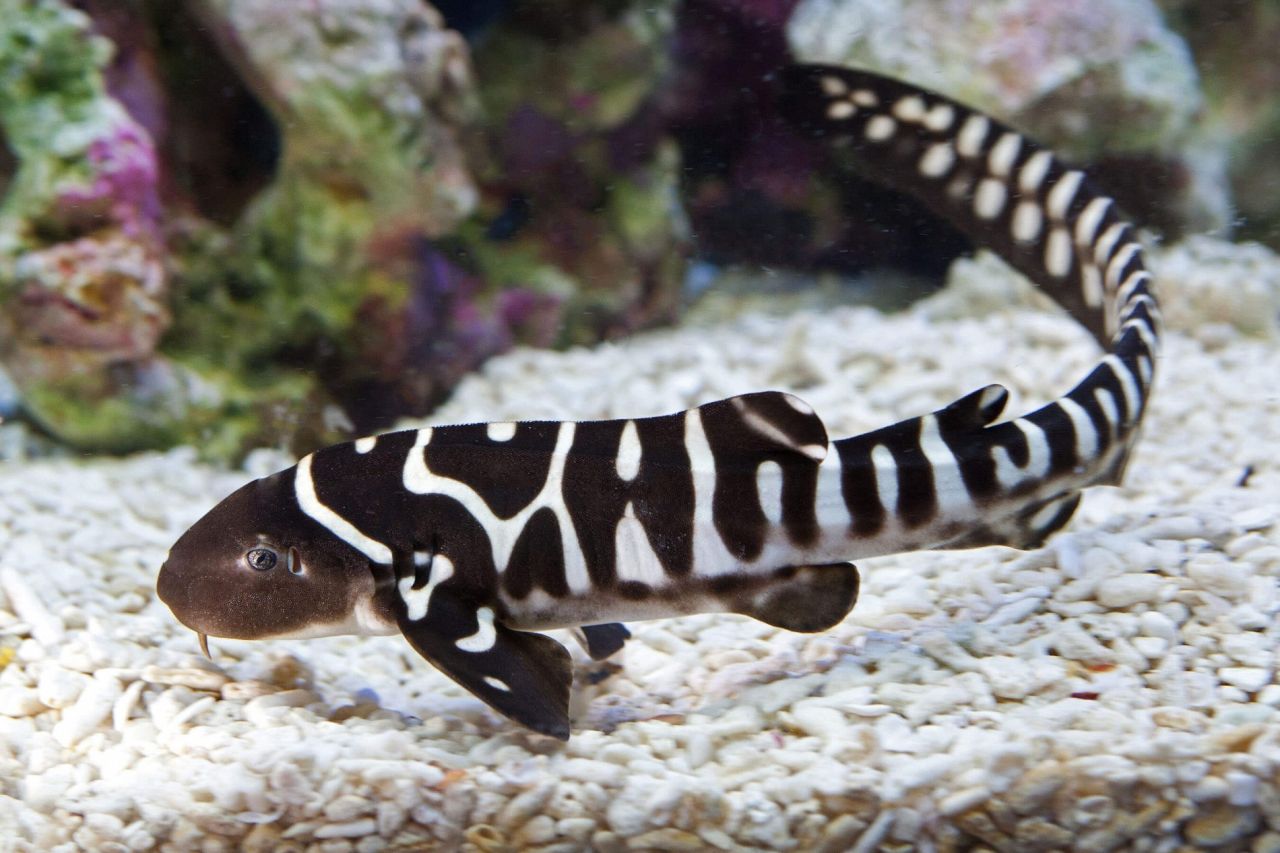
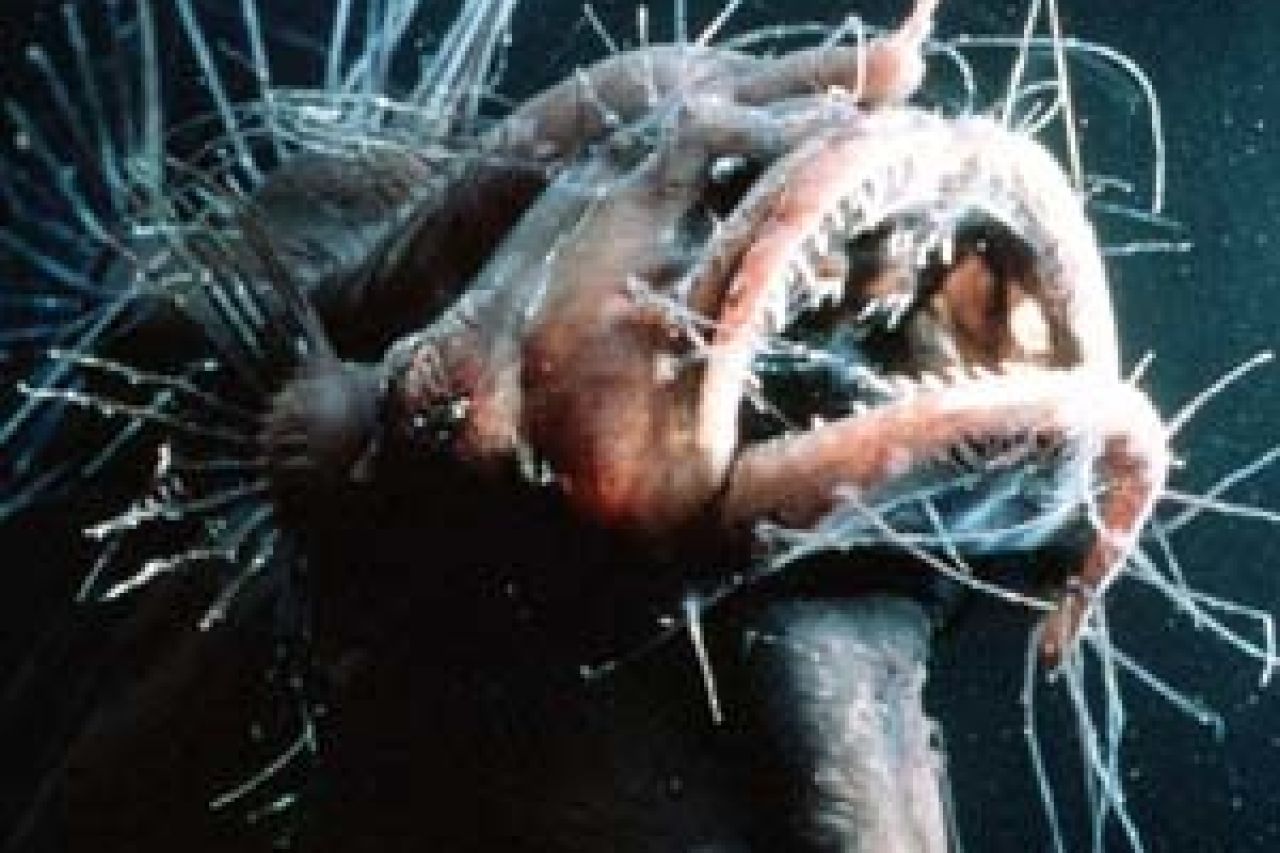
Anglerfish - "That lady has balls"
And last, but not least, if the idea of storing sperm for later use doesn't appeal to you, then why not store the whole male (or at least just his gonads)?
Male deep-sea anglerfish (Ceratiidae) are all parasitic. As tiny adolescents they have only one goal - find a much larger female. If an adolescent male doesn't find a female, it dies.
Ready for a quiz?
Simply answer seven quick questions about the blog you just read and join the Marine Masterminds leaderboard. Climb the leaderboard and you could win amazing prizes - Two Oceans Aquarium annual memberships, Penguin Experiences and day tickets are all up for grabs. Good luck!
